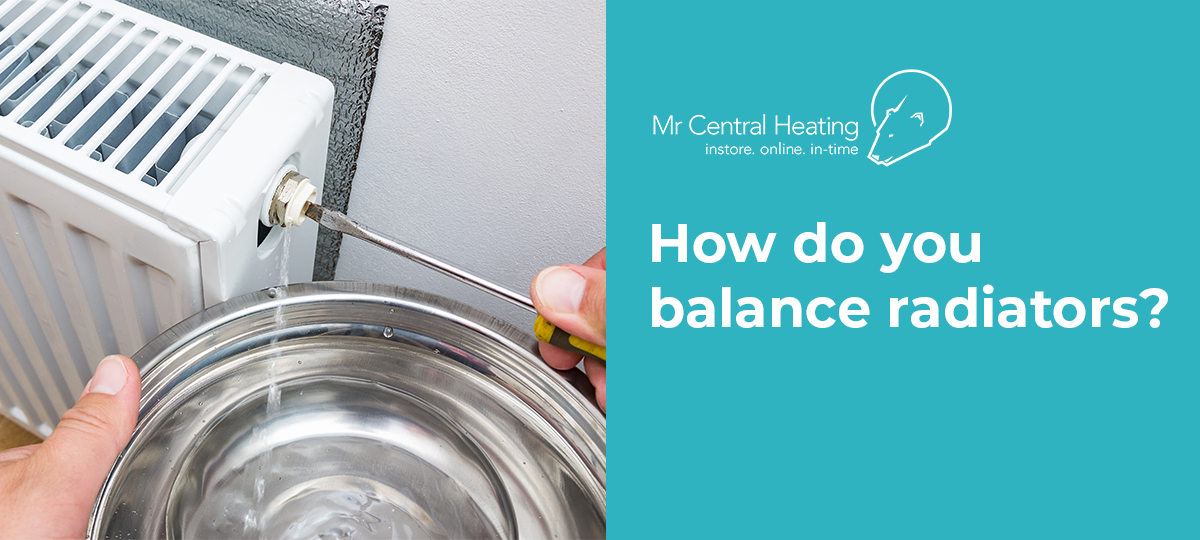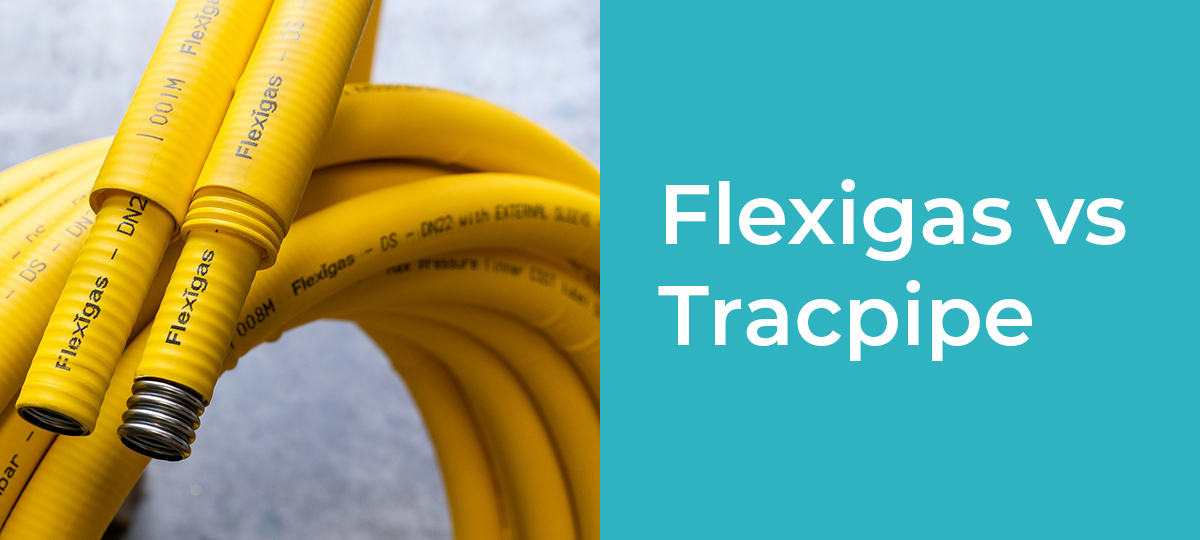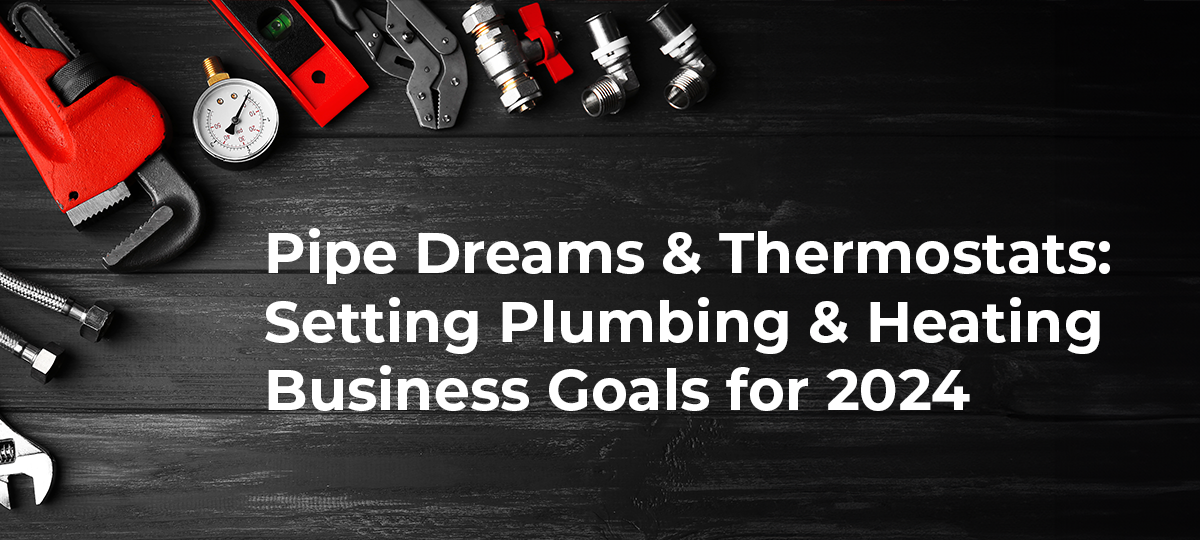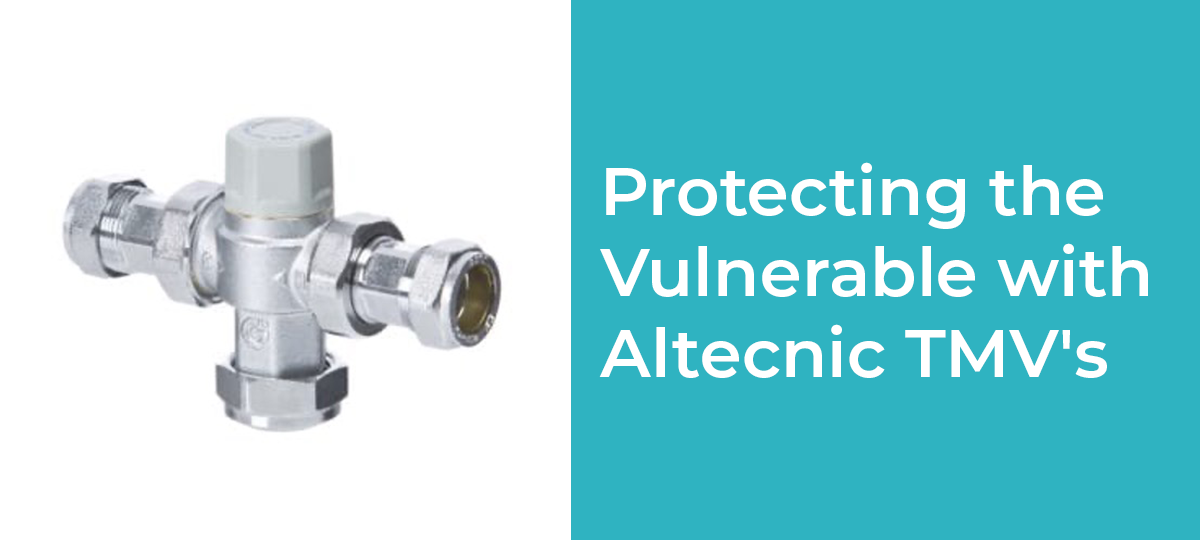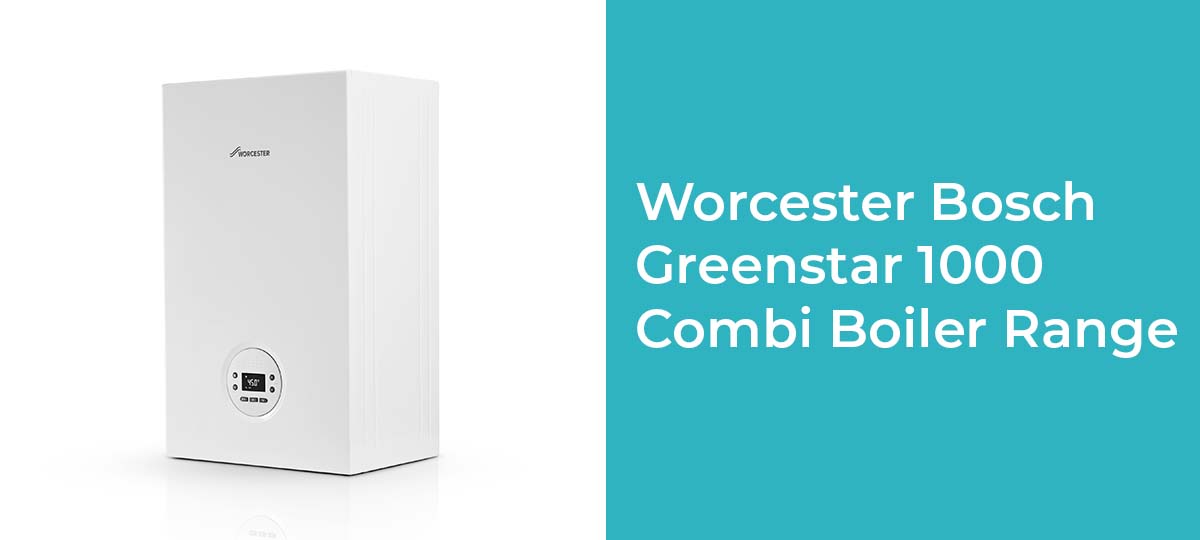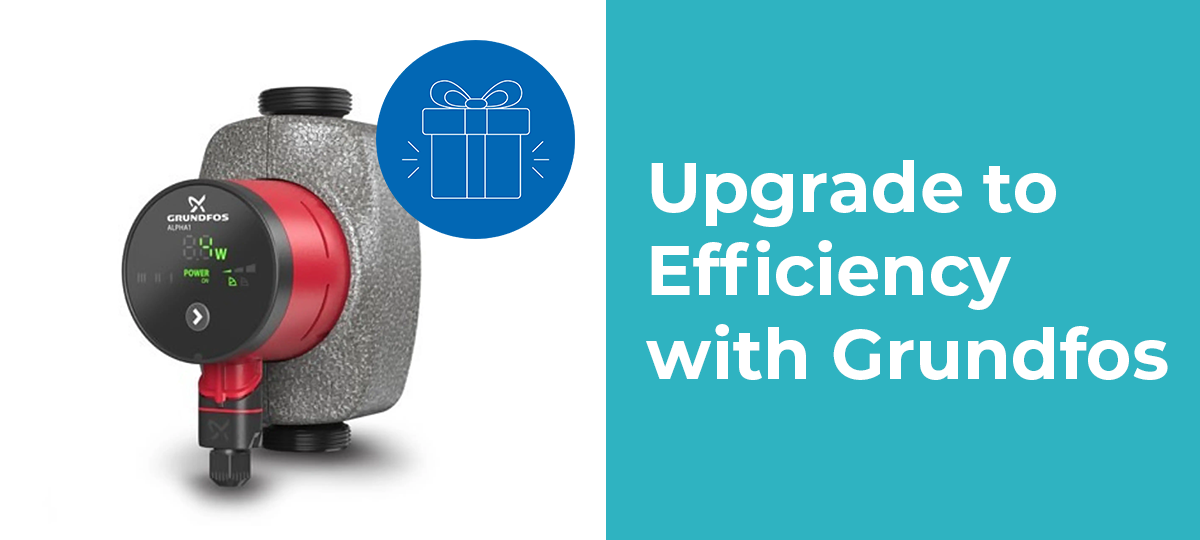Why is my radiator not working?
One of the most common questions that come up with regards to a central heating system is typically, why is my radiator cold? Because of the way the central heating system works, there are a lot of factors that could potentially cause this problem. This tends to be a very common situation that most people find themselves in at one time or another. The first question to answer is whether it is just one radiator in the system that is cold or are all the radiators in the central heating system cold. This question is integral to solving the issue since the answer determines whether the problem is with the radiator itself, or with the boiler, or another part of the central heating system such as the pump, or the pipework itself.
If just one radiator is cold...
If you are having a problem with just one radiator being cold, and you are getting heat out of other radiators in the system, the best starting point to fix the problem, is to start with the specific radiator itself. It is also worth determining whether the radiator is truly cold all over, or whether there is at least some heat coming into the radiator, either at the top, bottom or even the surrounding pipes. If you have found that the entire radiator is cold, then the very first thing to check is to ensure that both the valves on each side of the radiator is switched on. This may seem like a basic thing to overlook, but more often or not, if a single radiator is completely cold, then this is the likely cause. If this isn’t the solution to the problem, then there may be a blockage in the radiator itself.
On an old radiator that could be cause by limescale, or even debris that is flowing through the system. If this is the case, then it might be time to call a plumber to investigate the problem further. If it is determined that the radiator itself is starting to decay it might be time to replace the radiators in your central heating system.
If your radiator is only partially cold, then where the radiator is cold will determine what to check. If the radiator is cold at the top, then the issue is likely air trapped in the radiator itself. This is quite a quick fix, and the solution is to bleed the radiator. This can be carried out relatively quickly and easily once you know how the process works. For radiators that are cold at the bottom, but are warm on the top, one of the things your plumber is likely to check is whether there is sludge in the bottom of the radiator. There are a range of products that can be used for central heating maintenance which can be used to clean up the system, and make it run more efficiently.
Another issue may be that the radiators that are further away from the boiler are cold, whereas the radiators that are first in line are warm. There are a few reasons why this may be the case. If the radiators have had this symptom for a while, then the issue may be simply that the radiators aren’t ‘balanced’ and you need to adjust your radiators lockshield valve. A plumber can do this for you, or if you have the right tools, (typically a heating thermometer to measure the temperature of the pipe) then you may be able to do this yourself. However, if this problem has just started to happen then it may be indicative of a fault with your central heating water pump as it may not be operating as efficiently or as well as it once was. Again, a heating engineer may be the best person to speak to if you suspect this may be the cause.
When none of the radiators are warm
If none of the radiators are working in your central heating system and they are all completely cold then the very first thing to check is that the central heating system is switched on. If this is not the case, refer to the manual and see if there is a trip-out or reset circuit on the central heating system, which some boilers have as a feature. This switch may need to be reset. This is a simple fix. Also check the timer to ensure that it is set to work at that specific time. Again, another simple fix. Another potential issue when the boiler seems to be working but no heat is being produced is to check your fuel source. For some individuals who use either LPG or heating oil it is possible to run out of fuel without knowing and this can be the cause of a lack of heat being generated by the boiler.
Of course, if the boiler is dead and is not firing up at all then this is the problem and it will likely need to be repaired. In some situations, the boiler may even need to be replaced and your heating engineer will advise you accordingly if this is the case. As with most mechanical devices eventually they will wear out and at a point repair costs can outstrip the long-term benefits of replacement. Remember new boilers are more efficient than older designed boilers so any outlay on a new boiler may be recouped over the following years.
What if the boiler seems fine?
If the boiler is firing up and it appears to work, but heat is not being transferred to the radiators, then the next thing to check is the water pump. Is this operating? If you place your hand on the pump, which should be warm, but not hot to the touch, you should be able to feel the vibration of the motor turning when the pump is operating correctly. If this is not the case, then there is potentially a problem with the pump. Sometimes pumps can get stuck, and some people will recommend a light tap with a hammer to free up the valves. This can work, but if you are not keen on doing this then it is better to call in an expert. Pumps can fail but replacement pumps are available and are not too expensive.
Other issues that can cause issues with a lack of heat in the radiators is a blockage that is stopping the entire system from working. This can occasionally occur too, but when you get to this point and you have checked the basics, then it is time for professional assistance. The good news is that when it comes to the central heating system, more often than not when a radiator or multiple radiators are not heating up correctly, it is often the simplest solution to fix the problem. It is also worth mentioning that preventative maintenance is better than to later run into a more serious problem. Ensuring that your boiler and central heating system is checked over and serviced regularly can help avoid problem.
View additional advice about boiler and radiator maintenance View boilers and radiators available on Mr Central Heating









